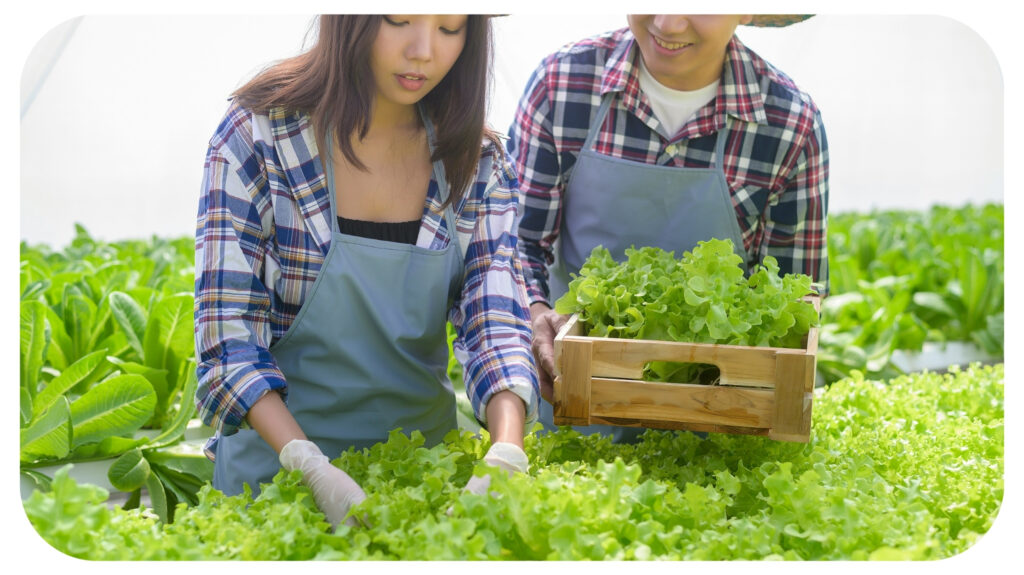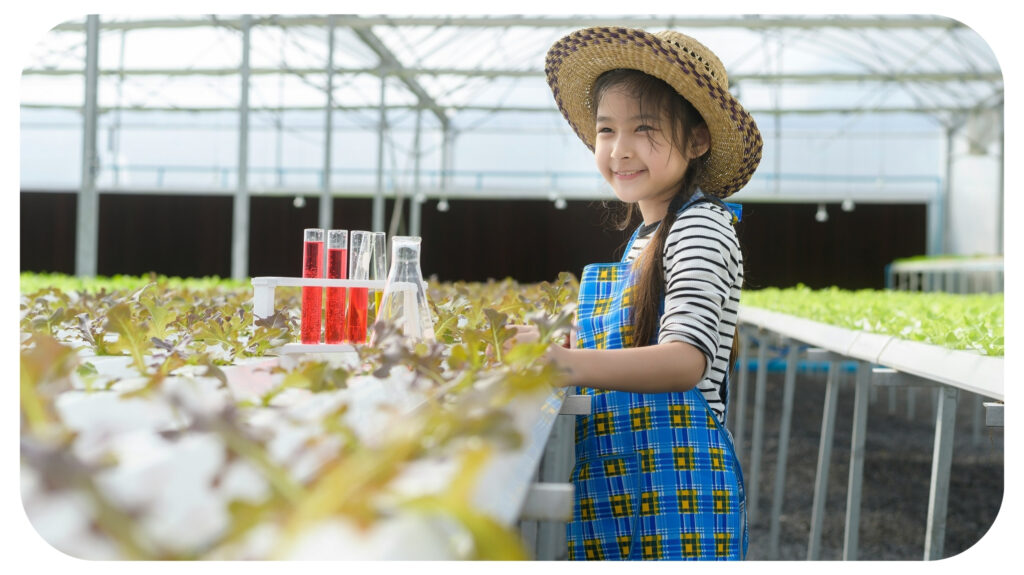From Mizzou to the Farm: Meg Miller Discusses How Student Experiences Shape Agricultural Futures

Taking a step from the bustling halls of The University of Missouri (Mizzou) to the expansive fields of American farms, students like Meg Miller are making strides in agricultural education that impact our food systems.
Mizzou students are harnessing their academic prowess and field experience to tackle modern farming challenges. Whether it’s through research initiatives, hands-on internships, or community projects, these students are driving innovations and practical solutions in agriculture.
Agricultural education at Mizzou equips students with the skills needed to improve sustainability, enhance productivity, and address global food security issues. By integrating technology and traditional farming practices, they’re not just learning about agriculture while reshaping it. Meg Miller, Mizzou alum who has spent years putting her agricultural studies into hands-on practice, explores the future of farming and sustainable food sources and how the power of education is meeting industry needs.
The Role of Mizzou in Agricultural Education
Mizzou provides top-notch education, research opportunities, and hands-on experiences that prepare students to make significant contributions to the agricultural sector.
Mizzou is at the forefront of agricultural research and technology. Students at Mizzou are not just learning from textbooks but engaging in groundbreaking research that has real-world applications. This hands-on approach equips them with the skills and knowledge they need to tackle modern agricultural challenges.
One area where Mizzou excels is in precision agriculture. Precision agriculture uses technology like GPS, drones, and data analytics to improve farming efficiency. Mizzou students work on projects that help farmers get the most out of their land while reducing waste.
For example, students might study how drone technology can monitor crop health. By collecting data from the sky, they can identify issues like pest infestations or water stress before they become major problems. This kind of research can lead to solutions that save time and money for farmers.
“An exciting area of research at Mizzou is plant genetics,” says Meg Miller. “Students are exploring ways to create crops that are more resistant to diseases and pests.”
By modifying the genetic makeup of plants, they can develop varieties that need fewer chemical treatments, which is better for the environment and people. Mizzou students are also looking at sustainable farming practices. They research methods to maintain soil health, conserve water, and use natural resources more efficiently.
Their work helps create farming practices that are not only productive but also environmentally friendly. In addition to individual research projects, Mizzou collaborates with various agricultural organizations and companies. These partnerships offer students access to cutting-edge technology and real-world challenges.
By working alongside professionals, they gain valuable experience that prepares them for their future careers. Mizzou’s innovative research and technology initiatives ensure that students are not only learning the science of agriculture but also contributing to its future. Their work helps make farming more efficient, sustainable, and responsive to the needs of a growing world.
The university’s commitment to research and innovation in agriculture sets it apart as a leader in the field. Students come out of Mizzou not just with degrees, but with the skills and experiences that can drive real change in the agricultural industry.
Student Initiatives and Contributions
Agriculture students at Mizzou are key players in community engagement and extension programs. They work closely with local farmers, offering fresh perspectives and innovative solutions. These programs are designed to bridge the gap between university research and real-world farming applications.
Notes Miller, “Mizzou students often participate in workshops and field days where they share the latest agricultural techniques with local farmers. They help farmers understand new technologies, sustainable practices, and efficient resource management.”
Through these events, students build lasting relationships with farmers, fostering a strong sense of community. In addition to workshops, students also engage in one-on-one consultations with farmers. These personalized sessions allow students to tailor advice and solutions to each farmer’s unique challenges.
Students are involved in community gardens and urban agriculture projects. These initiatives not only supply fresh produce to local areas but also educate the community about sustainable farming practices. Students guide volunteers, organize events, and even lead educational activities for local schools, inspiring the next generation of farmers.
By participating in these outreach efforts, Mizzou students gain practical experience while making a tangible impact on local agriculture. They learn the importance of community cooperation and develop skills that will serve them well in their future careers.
The involvement of Mizzou students in community engagement and extension programs illustrates their dedication to supporting local farmers and improving agricultural practices. Their contributions are building a stronger, more connected agricultural community.

Looking Ahead: The Future of Agriculture and Education
The landscape of agriculture is changing rapidly, and education must evolve to keep up. As students from institutions like Mizzou step into this field, the future holds exciting possibilities. New technologies, sustainable practices, and innovative teaching methods are shaping the way we farm and learn about farming.
The use of technology in agriculture is becoming a necessity. From drones and sensors to automation and AI, these advancements are transforming how we grow crops and raise livestock. Imagine students learning how to program a drone to monitor crop health or using AI to predict weather patterns and optimize planting schedules.
Sustainability is a critical component of modern agriculture. Future farmers must learn practices that protect the environment, conserve resources, and ensure food security. Programs that focus on sustainable agriculture are becoming more common, and they cover a range of techniques.
Rotating crops and diversifying plant species can improve soil health and reduce pests without chemical pesticides. Techniques like drip irrigation and rainwater harvesting help conserve water, a vital resource in farming. Using natural fertilizers and pest control methods can produce healthy food without harming the environment.
Teaching these practices prepares students to farm in a way that’s good for the Earth and the economy. It also aligns with the growing consumer demand for sustainably produced food.
Innovative Teaching Methods
“Traditional classroom learning is giving way to more innovative approaches. Hands-on experiences, internships, and collaborations with local farms provide students with practical knowledge that books alone can’t offer,” says Miller.
Agriculture is a global industry, and education must reflect that. Understanding the challenges and opportunities in different parts of the world can give students a broader perspective. Programs that include international study or collaboration can open students’ eyes to the global nature of agriculture.
Traveling to other countries to see different farming practices and challenges can be incredibly enlightening. Working with peers from around the world on projects can foster a global mindset and innovative solutions. Technology allows students to connect with others globally without leaving their home country, sharing ideas and learning from diverse perspectives. By incorporating a global view into their education, students are better prepared to work in an interconnected world.
The future of agriculture and education is bright. By embracing technology, sustainability, innovation, global perspectives, and research, students can make a significant impact. As we look ahead, the possibilities are endless for those ready to seize them.
Recommended For You
Fintech Marketers: How to Improve Your Marketing ROI in 3 Simple Steps
Most Inside
Most Inside offers high-quality recommendations and valuable updates to enhance all aspects of your life, providing premium guidance and enriching experiences.




